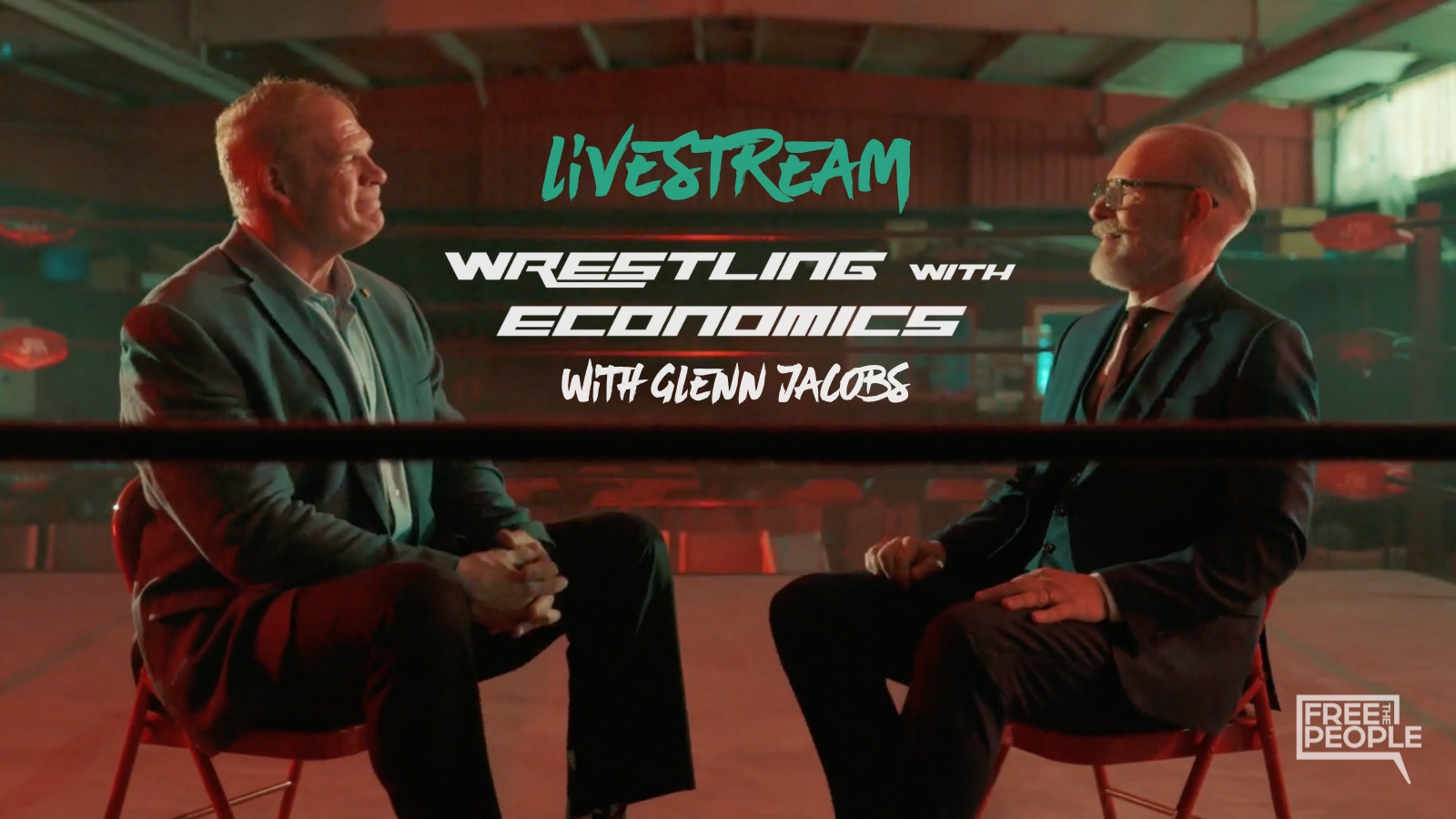
A Profitable Read
The word “profit” often bears a negative connotation in the present day, understood as coming at the expense of someone else. Particularly to the political left, inspired by Marxist rhetoric, profit is the desire of the greedy, predatory banker; the selfish miser; the heartless, faceless corporation.
So you might expect a book entitled Profit Motive to be a polemic screed for or against this viewpoint. Instead, author Charles Sauer largely eschews a moral judgment of man as profit-seeker, instead opting to simply demand acknowledgment that profit is “what drives the things we do.”
It’s simple, learn what someone really values – what “profit” means to them – and you will be far closer to understanding how to meaningfully interact with them in a way that satisfies you both.
Sauer quickly establishes that the profit he refers to is not exclusively with respect to money, but that each individual has different priorities that decide what profit means to them, based upon what they know at any given time. More importantly, profit is not the exclusive domain of the businessman; it is sought equally (perhaps in different ways) by the politician, the bureaucrat, the journalist, and even the father.
He does this both with a firm understanding of how values and incentives drive human action and a wealth of anecdotes and interviews drawn from a career spent working in Washington D.C. with people in all these arenas. These personal stories may unlock profound insights for readers who may be inclined to see politics or the media or businesses as monolithic institutions instead of groups of individuals seeking to maximize their profit.
Any reader of free-market and particularly Austrian economics will recognize the ideas being represented here. Sauer is establishing rational, self-interested actors without reference to Mises, subjective value without reference to Menger, the knowledge problem without reference to Hayek, public choice without reference to Buchanan.
To illustrate these axioms of economic behavior in action, Sauer draws up an avatar of rational self-interest anthropomorphized as Profit Man. He doesn’t romanticize Profit Man; rather, he acknowledges that “he is greedy, he is self-serving, he is selfish.” But that expectation, he notes, also means Profit Man is “predictable” and that therefore, in a sense, he is “trustworthy.”
Various readers will find areas to object to Sauer’s relentless application of the Profit Man to ever more intimate spheres of social interaction – especially as he points out that the profit motive can be found in hospitals, charities, and even churches and families. But as he points out, understanding people as rational actors in pursuit of increasing their own value can also help us achieve altruistic goals and deeper, more satisfying relationships. And it can only be beneficial to have our eyes open to the fact that the areas where we expect people to act most altruistically are where that Profit Man can take a dark turn (think of fake charities scamming the gullible as just one example).
Importantly, though, Sauer doesn’t dwell on the negatives of the profit motive, because after all, the desire to profit also drives many of the best impulses of mankind – especially the entrepreneurial spirit. In a free market, Profit Man spies the opportunity to benefit by, as Thomas Sowell would say, pleasing his fellow man. It’s this interaction between the profit motive of motivated people and the needs of their fellow human beings that spurs innovation, commerce, and wealth creation, to the benefit of all.
Sauer aptly concludes with his hope that the reader shall profit from having read his book, and I suspect that any open-minded reader will do so.
Profit Motive: What Drives the Things We Do will be released on March 13th and is available for presale on Amazon.
Free the People publishes opinion-based articles from contributing writers. The opinions and ideas expressed do not always reflect the opinions and ideas that Free the People endorses. We believe in free speech, and in providing a platform for open dialogue. Feel free to leave a comment.



